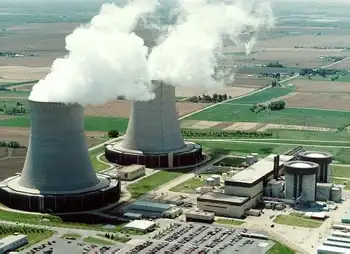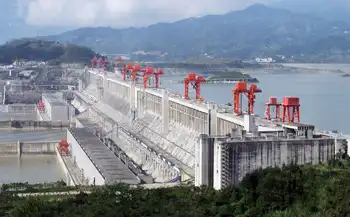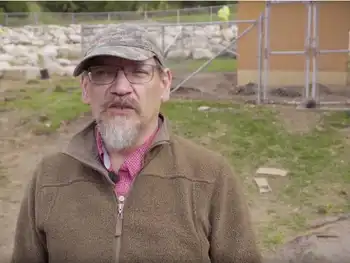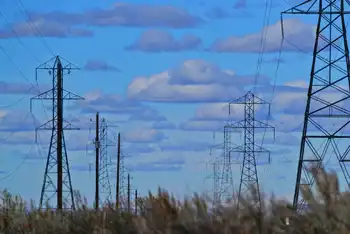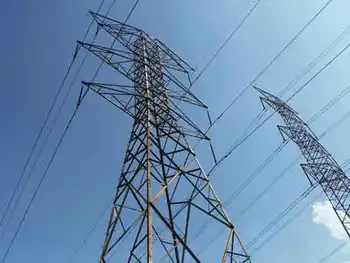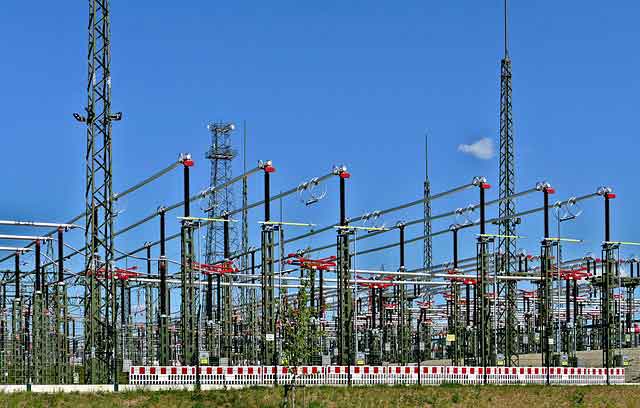Brenmiller Energy and New York Power Authority Showcase Thermal Storage Success
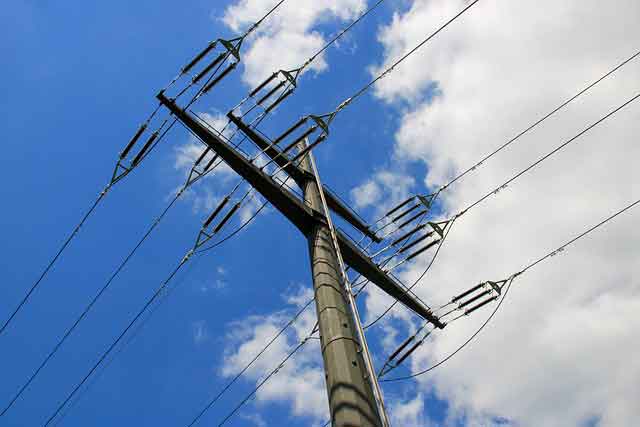
Protective Relay Training - Basic
Our customized live online or in‑person group training can be delivered to your staff at your location.

- Live Online
- 12 hours Instructor-led
- Group Training Available
bGen Thermal Energy Storage stores high-temperature heat in crushed rocks, enabling on-demand steam, hot water, or hot air; integrates renewables, shifts load with off-peak electricity, and decarbonizes campus heating at SUNY Purchase with NYPA.
Key Points
A rock-based TES system storing heat to deliver steam, hot water, or hot air using renewables or off-peak power.
✅ Uses crushed rocks to store high-temperature heat
✅ Cuts about 550 metric tons CO2 annually at SUNY Purchase
✅ Integrates renewables and off-peak electricity with NYPA
Brenmiller Energy Ltd. (NASDAQ: BNRG), in collaboration with the New York Power Authority (NYPA), a utility pursuing grid software modernization to improve reliability, has successfully deployed its first bGen™ thermal energy storage (TES) system in the United States at the State University of New York (SUNY) Purchase College. This milestone project, valued at $2.5 million, underscores the growing role of TES in advancing sustainable energy solutions.
Innovative TES Technology
The bGen™ system utilizes crushed rocks to store high-temperature heat, which can be harnessed to generate steam, hot air, or hot water on demand. This approach allows for the efficient use of excess renewable energy or off-peak electricity, and parallels microreactor storage advances that broaden thermal options, providing a reliable and cost-effective means of meeting heating needs. At SUNY Purchase College, the bGen™ system is designed to supply nearly 100% of the heating requirements for the Physical Education Building.
Environmental Impact
The implementation of the bGen™ system is expected to eliminate approximately 550 metric tons of greenhouse gas emissions annually. This reduction aligns with New York State's ambitious climate goals, including a 40% reduction in greenhouse gas emissions by 2030, even as transmission constraints can limit cross-border imports. The project also demonstrates the potential of TES to support the state's transition to a cleaner and more resilient energy system.
Collaborative Effort
The successful deployment of the bGen™ system at SUNY Purchase College is the result of a collaborative effort between Brenmiller Energy and NYPA. The project was partially funded by a grant from the Israel-U.S. Binational Industrial Research and Development (BIRD) Foundation. This partnership highlights the importance of international cooperation in advancing innovative energy technologies, as seen in OPG-TVA nuclear collaboration efforts across North America.
Future Prospects
The successful installation and operation of the bGen™ system at SUNY Purchase College serve as a model for broader adoption of TES technology in institutional settings, as OPG's SMR commitment signals parallel low-carbon investment across the region. Brenmiller Energy and NYPA plan to share the project's findings through a webinar hosted by the Renewable Thermal Collaborative on May 19, 2025. This initiative aims to promote the scalability and replicability of TES solutions across New York State and beyond.
As the demand for sustainable energy solutions continues to grow, the successful deployment of the bGen™ system at SUNY Purchase College marks a significant step forward in the integration of TES technology into the U.S. energy landscape, while projects like Pickering B refurbishment underscore parallel clean power investments. The project not only demonstrates the feasibility of TES but also sets a precedent for future initiatives aimed at reducing carbon emissions and enhancing energy efficiency.
Brenmiller Energy's commitment to innovation and sustainability positions the company as a key player in the evolving energy sector. With continued support from partners like NYPA and the BIRD Foundation, and as jurisdictions advance first SMR deployments in North America, Brenmiller Energy is poised to expand the reach of its TES solutions, contributing to a more sustainable and resilient energy future.





